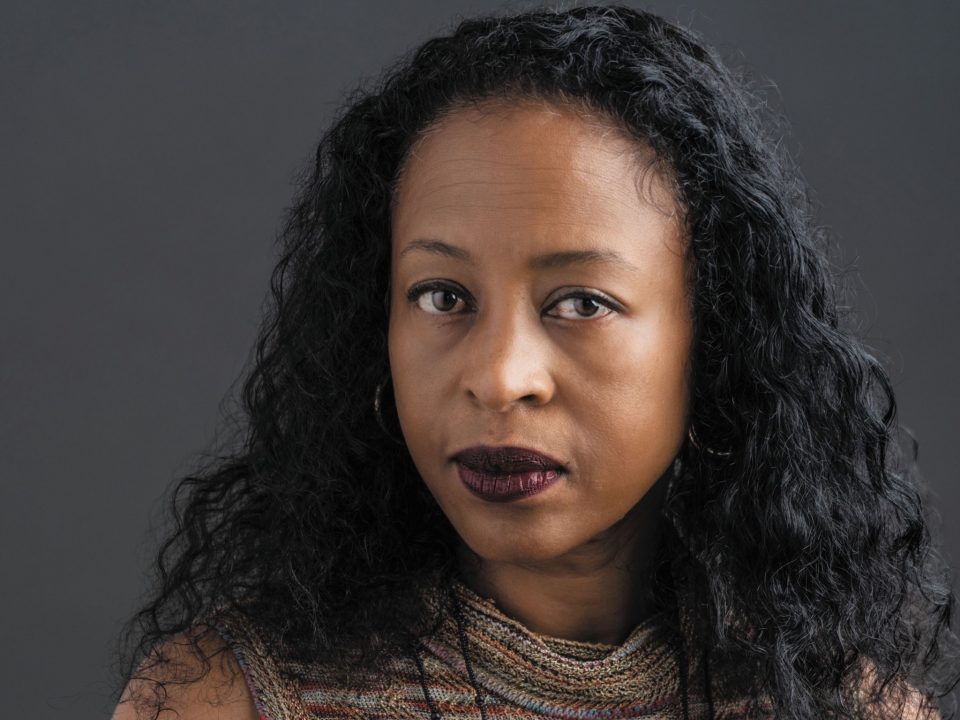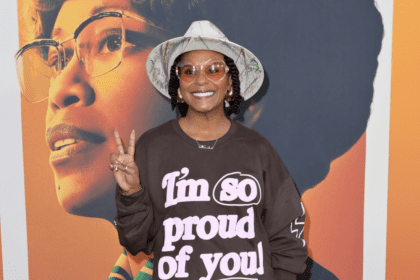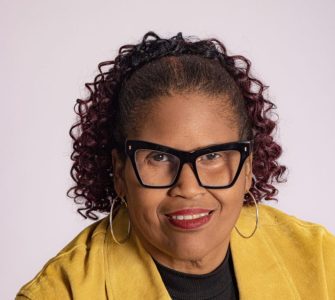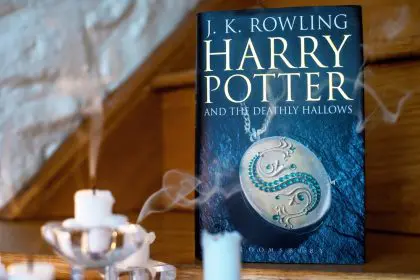
Ladee Hubbard’s novel The Rib King was one of the most acclaimed books of 2021, and that literary superpower is evident in Hubbard’s The Last Suspicious Holdout (available for preorder on blackbookstore.com), is a much-anticipated collection of interconnected short stories that unfold over two decades, mostly in one Black neighborhood in an “unnamed sliver of southern suburbia.”
Hubbard talks with rolling out about the novel.
Where did your inspiration come from when writing this book?
The book is a collection of short stories. They’re all set in the same Gulf Coast community, a Black community, between the years 1992 and 2007. They together form a chronicle of the transformation of the neighborhood during that period. I was very interested in the 20 years, leading up to Obama’s election as president, so that’s what I was trying to write about.
What did you learn while writing this book?
[There were] a lot of things that were happening that were very interesting to me. Some of them had to do with language, sort of like the generation coming up post-Civil Rights Movement. There was talk – and I don’t know how seriously people took it – that there was a post-racial America, and yet, there are all these things going on. There are all these things people are dealing with, and it didn’t really seem like collectively there was a voice that was being listened to in terms of articulating a reality that a lot of people were facing. I find it very interesting from the vantage point of where we are now to think about that particular period of time as well.

How did you come up with the title?
It’s actually a specific story in there called, “The Last Suspicious Holdout.” I think with the idea, there’s a lot of pressure to think that a lot of social problems had been resolved. That title kind of speaks to that for someone who’s not quite convinced. That specific story is actually about a fast-food franchise, and the interaction between a fast-food franchise and a community center that’s very important to the neighborhood and the community, and they’re sort of negotiating over a communal garden that’s there and what it means and stands for. That’s what it has to do with as a part of the collection as a whole. I think it was sometimes hard to fully grasp what was going on because there was so much obfuscation in terms of the language because supposedly, I guess all race problems were in the past, and so much had been solved with the Civil Rights Movement. A lot of things are easier to see in retrospect, always.

















